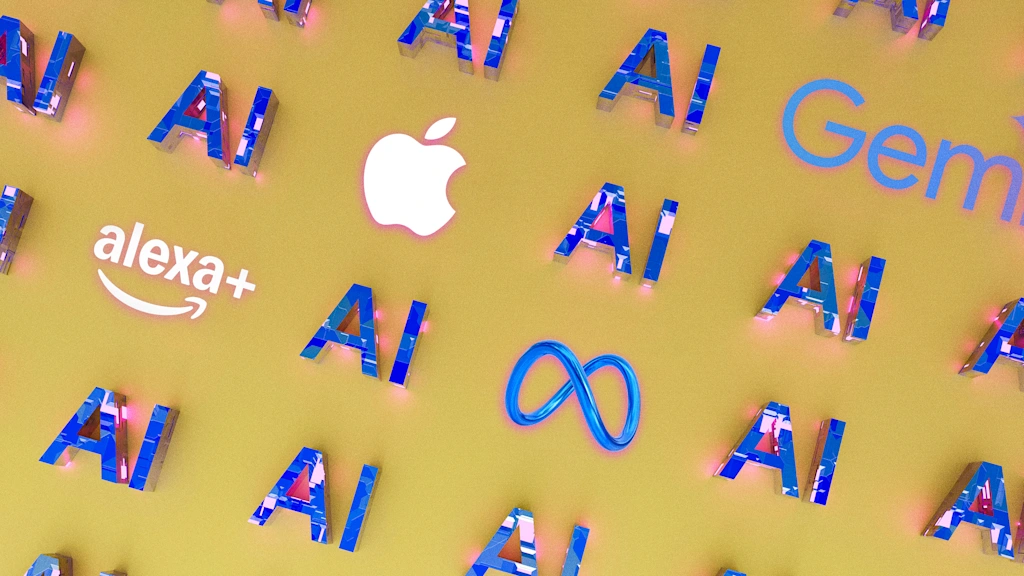
"Apple, following its instincts about privacy, is baking a privacy-forward layer called Apple Intelligence straight into the devices people already use, with on-device models and a new Private Cloud Compute for heavier requests. Amazon is pushing Alexa+, a paid, more agentic assistant that does real tasks end-to-end. And Meta is pitching a world of "personal superintelligence," custom, high-context AIs tuned to you, not just to a platform."
"Apple's move is the most predictable and, in its way, the most radical: keep as much as possible on device, and when you must go to the cloud, do it inside a verifiable privacy envelope. That's the promise behind Private Cloud Compute, which Apple describes as extending device-grade security into the data center; it underpins the new Siri and the system-wide writing, image, and notification tools announced at WWDC25."
AI assistants are becoming the primary interface for search, shopping, media, and work, and control over that interface will determine defaults, narratives, and routing through business models. Apple prioritizes privacy with on-device models and Private Cloud Compute that extend device-grade security into data centers and provides developer access to on-device foundation models. Amazon pursues a paid, agentic Alexa+ designed to perform multistep tasks and leverages Prime for distribution. Meta aims for highly personalized, high-context AIs tuned to individuals. The competing strategies point to a bifurcated future of bespoke personal AIs for some and commercial, one-size-fits-most assistants for most people.
Read at Fast Company
Unable to calculate read time
Collection
[
|
...
]